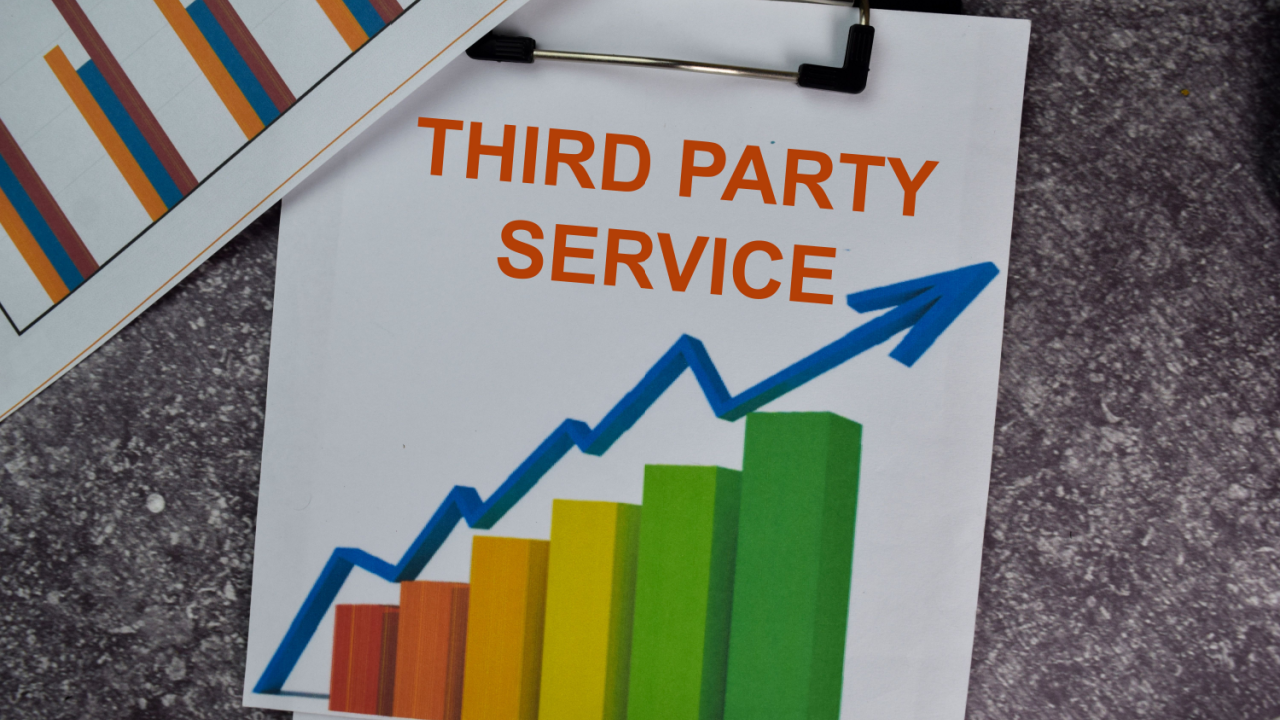The Savvy Director Blog
Welcome to our blog.
Wherever you are on your governance journey, you'll find this is a place to build your knowledge, discover the latest thinking, and explore valuable insights about your director role.
If you want to up your game at the board table, no matter the size of your board or the type of organization you serve, subscribe below to receive a weekly link right in your inbox.
The HiPPO Effect


There are no HiPPO’s in the boardroom, are there? Yes, there are when HiPPO stands for “Highest Paid Person’s Opinion.”
The HiPPO effect is when the highest paid person’s opinion carries more weight than anybody else’s in the room. That’s because we subconsciously endow highly-paid people with a degree of authority that they don’t necessarily deserve. It’s human nature to believe they are smarter, savvier, and more strategic than the rest of us.
In a boardroom context, the HiPPO is probably...
Getting Executive Compensation Right


When it comes to executive compensation, it’s best to be cautious about giving advice. There’s a great deal of variation across industry sectors and geography, a multitude of designs available, and many different factors to consider.
Yet the board of directors is ultimately responsible for making executive compensation decisions. It’s an important responsibility because having the right plan is a key factor in driving organizational performance.
Given these stakes, how can savvy directors...
Reports by Directors for Directors


Most of the available advice about how to improve reports for the board of directors is about content from the senior management team – reminding us that, even though it’s easy to point the finger at management for voluminous reports that are painfully dense, the board itself is accountable to ensure it receives the information needed to fulfill its role. If you, as a director, aren’t happy with the form, length, style, and content of your board’s management reports, go ahead and raise the iss...
Oversight of Third Party Risk


Organizations are becoming more and more dependent on third parties to provide the services they need to stay in business – from IT to accounting, from customer service to HR, and more. And the more we rely on third parties, the more important it is to evaluate and manage our exposure to associated risks.
The board of directors plays an important role by ensuring there’s a focus on effective third-party risk management before problems arise from the increased risk exposure.
What do we me...
Leverage the Power of Inquiry


Whether your board serves a non-profit that competes for funding or a business that competes for market share, having a sustainable competitive advantage continues to be the holy grail.
Your competitive advantage is what you do better than anyone else. If you’re lucky, you could have more than one such advantage. The ‘sustainable’ part of the phrase refers to the ability to continue doing those things better than anyone else over the long term.
Does the board of directors have a strategic ro...
The Bike Shed Effect


It’s happened to all of us. You’re at a board meeting involved in a lively discussion. But when you take a moment to step back from the conversation, you realize that the topic is rather trivial. In fact, it doesn’t deserve the time and energy that board members have been pouring into it.
Nevertheless, everyone has an opinion and insists on having their say. The discussion goes on and on, well past the time the relatively unimportant matter should have taken. It seems odd, because a more impo...
Creating the Board's AI Workplan


For me, reading and learning about artificial intelligence (AI) has been like drinking from a firehose. I could choose to ignore it and get a nice glass of water from the filtered jug in my fridge. But that wouldn’t end well.
Instead, I’ve been learning that boards today aren’t yet seeing AI as an important education topic for their meetings or board retreats. There’s some curiosity around ChatGPT, but otherwise little sense of urgency. In my view, that’s a mistake.
Does it get your attenti...
The Board's Life Cycle


Businesses naturally progress through different stages as they grow and mature. So do non-profit organizations. Their boards of directors need to change along with them, otherwise there’ll be a serious mismatch between what an organization needs from its board, and what the board can actually deliver.
As a board moves through these stages over time, it requires a changing set of attributes and competencies from its members. As a director, you’ll be more engaged and more satisfied, and you’ll ...
Why Whistleblowers Matter


Every board of directors depends on a stream of reliable information to fulfill their oversight role. A whistleblower program is a tool for directors to access information that would otherwise not reach the boardroom.
Whistleblowers give the board a window into what is happening inside the organization. But for whistleblowing to work properly - so that both the whistleblower and the accused person are protected – the program must be handled with care. The board plays an important role in esta...
Getting Through Times of Crisis


The COVID-19 pandemic is finally receding into the rearview mirror, and so is the crisis mindset that affected so many organizations around the world. Board directors everywhere are eager to get back to a more “normal” rhythm.
While this kind of global health crisis is rare, it’s a good bet that sooner or later every organization – private, public, non-profit, or government – will face some kind of crisis. Getting through it will take skill, commitment, and judgment on the part of both the ...



